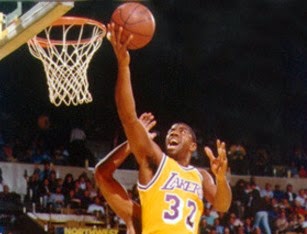Active voice vs. passive voice...remember that? "Tom threw
the ball." The verb "threw" is active voice, because "Tom" acted - did the
throwing. "The ball was thrown." Now the verb is passive voice, since the subject of the sentence, the ball, was acted upon (it was thrown, poor thing).
Anyhow, anyone who has ever taken a short course on creative
writing knows we’re supposed to use active verbs! Don’t say "the balls were
under-inflated." Say, "Tom under-inflated the balls." Don’t say, "the game was
won by cheating." Say, "Tom won the game by cheating."


